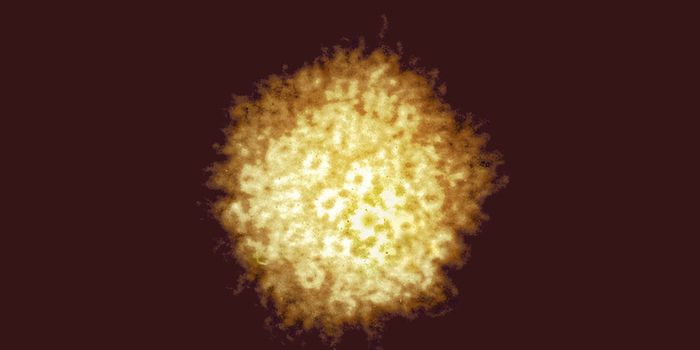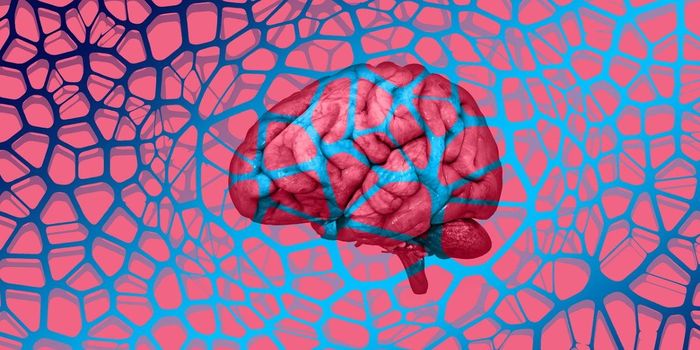Childhood trauma, alexithymia, default mode networks, and nicotine dependence - a study over time
Childhood trauma, a monumental occurrence in adolescence that can affect personality development into adulthood and beyond, is a subject of extensive research. Its implications are a hot topic through various fields pertaining to mental health. The latest addition to this line of inquiry, published in The Journal of the American Medical Association, delves into the intricate relationship between childhood trauma and long-term nicotine use.
The study explored temporal differences based on smoking status, assessing associations between childhood trauma, alexithymia, nicotine smoking, and default mode network (DMN) states. Alexithymia is characterized by difficulty identifying or describing feelings and externally oriented thinking. Participantsin this study aged between 18 to 65 underwent 16-minute resting-state functional magnetic resonance imaging (fMRI) scans, providing a window into the dynamic patterns of brain activity. Notably, individuals who smoked nicotine exhibited a distinctive temporal pattern, spending more time in the frontoinsular DMN (FI-DMN) state compared to controls.
FI-DMN state proved critical to understanding the neurobiological mechanisms of nicotine dependence. This state's heightened engagement in nicotine smokers may contribute to rumination and craving, shedding light on the complexities of substance use disorders. Among those who smoked nicotine, greater alexithymia was inversely associated with time spent in the FI-DMN state.
Childhood trauma, often identified as a precursor to various psychiatric issues, emerges as a potential catalyst for altered brain dynamics, particularly in the context of nicotine dependence. Future studies may consider exploring the full pathway from childhood trauma to altered brain dynamics and eventual nicotine dependence. Understanding these complex interactions between childhood trauma, altered brain dynamics, and eventual nicotine dependence is essential to advancing effective prevention and intervention strategies in the realm of nicotine dependence, and also in learning effective ways on how to address childhood trauma in adulthood.
Sources: The Journal of the American Medical Association








